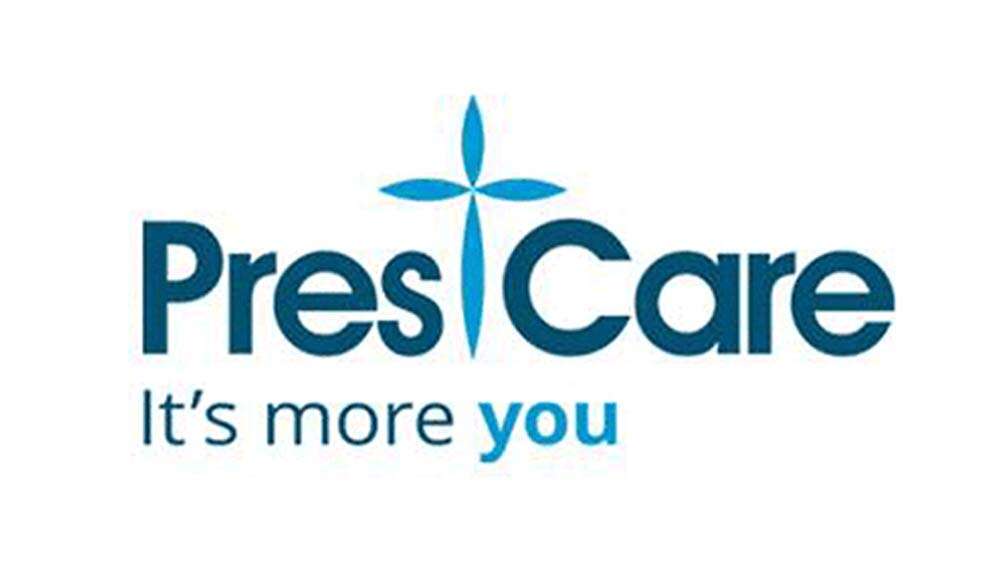Queensland Presbyterians' receivership is a warning for other churches
News that the legal entity of the Presbyterian Church of Queensland is being placed into receivership – due to the troubles facing its aged care arm, Prescare – should serve as a warning to the many other churches with aged care charities.
While you can make money slowly in aged care, or build up real estate assets, you can also lose money rapidly. That’s a warning from a senior aged care insider who spoke to Eternity.
“Right now is NOT a good time to be in aged care.” – Aged care insider
“The aged care mantra of both Coalition and Labor governments has been ‘de-regulate, de-regulate, de-regulate’. The next big change is the removal of bed licenses, which is due in the next couple of years. This means that long-existing homes will face competition from private sector ones opening up just down the road.
“Right now is NOT a good time to be in aged care.”
Some church-linked agencies will fall into a particularly vulnerable group – undercapitalised and with older facilities.
“They tend to have less access to capital as they have no shareholders, with only accumulated funds from ongoing contributions. Those targeting lower-income people tend to have less reserves. This especially applies if they have been ripped-off by churches owning the properties.”
The traditional church network or denominational set-up – where an aged care charity forms part of a pool of assets – means that the church is especially reliant on the management of the charity. Having the charity as a separate organisation, rather than controlled by the church, may be a safer path. A number of church groups, such as the Tasmanian Presbyterians and the Canberra-Goulburn Anglicans, have sold at least some aged care facilities.
This also applies to schools where, like aged care, it is possible to lose money. Over-capitalised schools in north-west Melbourne have caused pain for the Uniting Church, and the Bathurst Anglican diocese (region) was left with heavy debt after founding new schools.
Email This Story
Why not send this to a friend?



